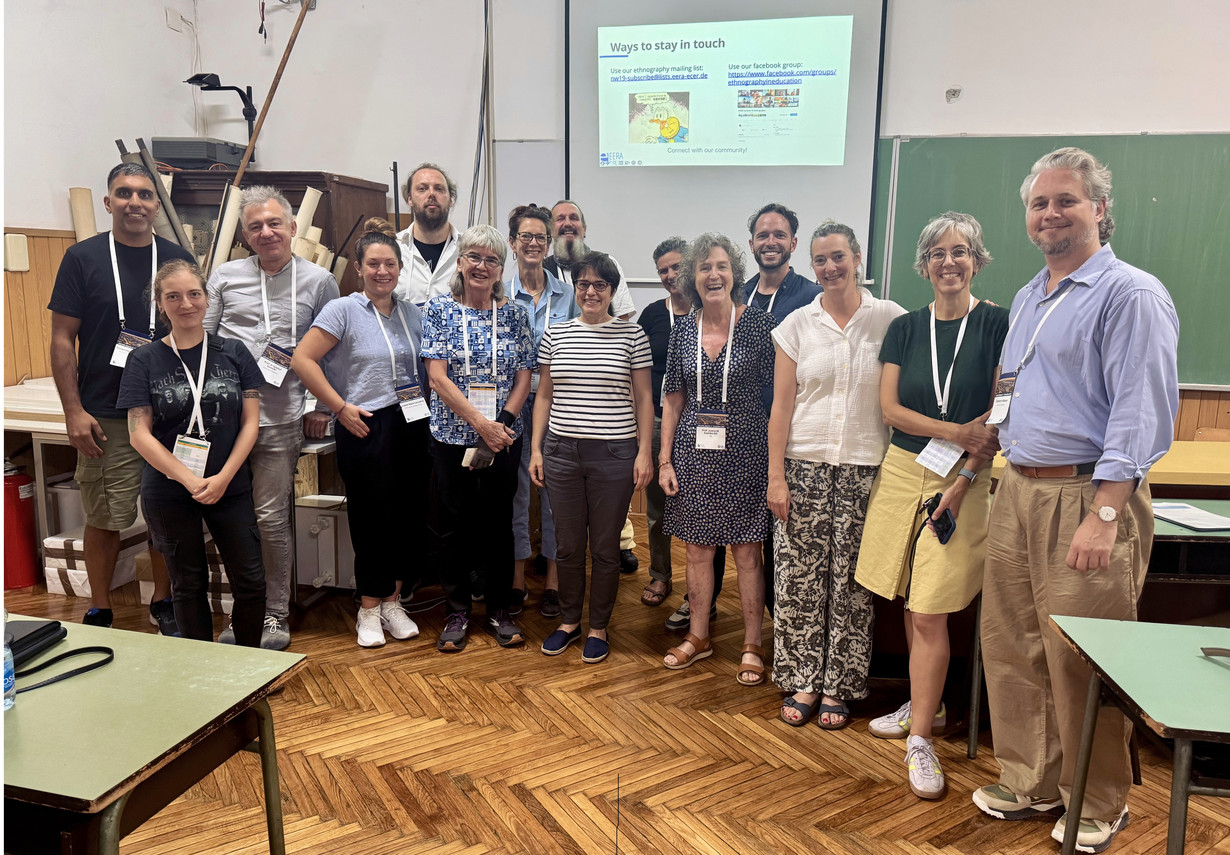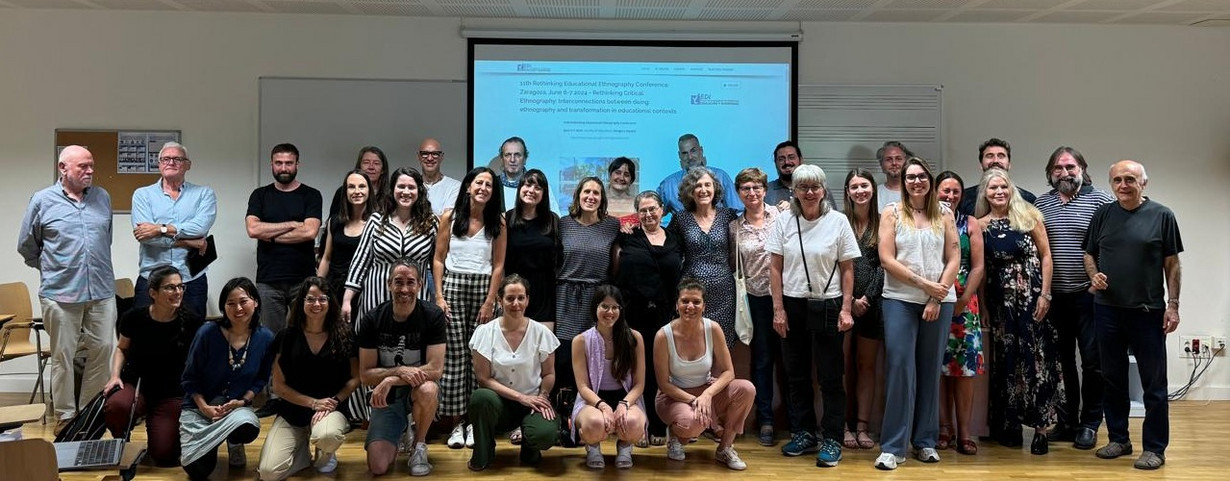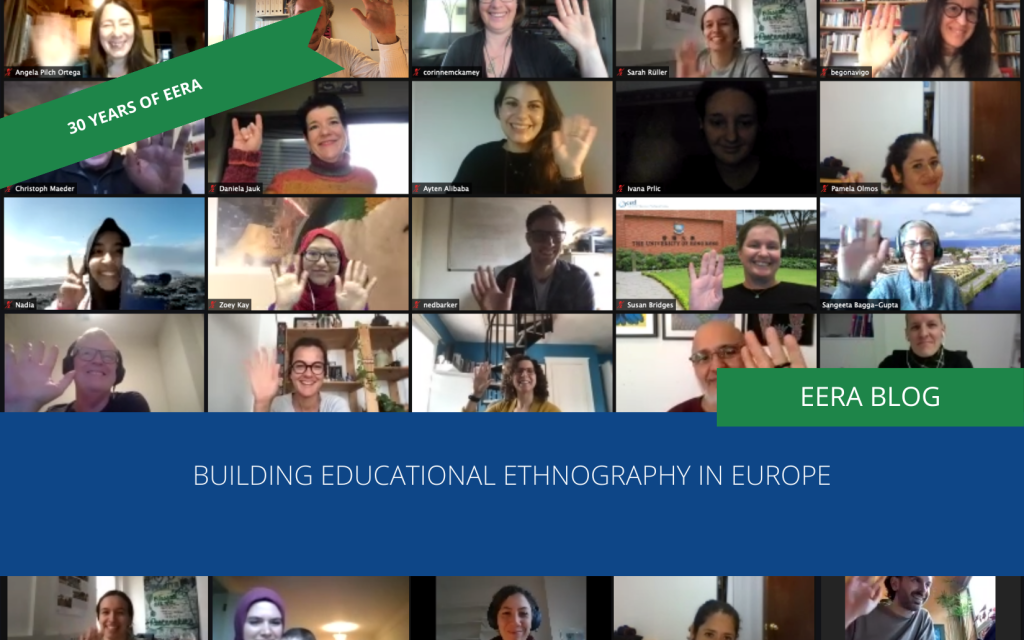Network Objectives
The ethnography network aims to provide a space for educational researchers who engage in ethnography. We encourage contributions that discuss findings from ethnographic research, as well as contributions that focus on ethnographic methodology, epistemology, and practice. Our objective is to develop the field of ethnographic research in education across Europe through ECER conferences, further ethnographic conferences, as well as the network-related journal, Ethnography and Education.
Research Field
We see educational ethnography as research that
- focuses on everyday life in educational institutions as experienced by policymakers, managers, pedagogues, teachers, teaching assistants, parents, and learners. Further perspectives center around inequality, inclusion and exclusion, as well as non-participation in education. Major themes include gender, race, class, and disabilities.
- usually takes place over a longer period and attends to social practices, both within and outside of institutional education, through continuous and immediate experience in fieldwork.
- engages in a wider range of situations and interactions relevant to the field of study, to be experienced, observed, and analysed.
- investigates field relations, between practices of individuals and groups, as well as their cultural, political, and social contexts.
- includes theoretical perspectives to become sensitive to fieldwork and analysis, provide opportunities to scrutinize established theories, and develop new theories and narratives about a field.
Abstract submission and reviewing process
We invite submissions that lie within this scope of educational ethnography, acknowledging that ethnographic research is built on diverse premises and traditions, which shape local institutional cultures of doing ethnography. Beyond this, we encourage submissions that focus on teaching ethnography, as well as submissions that discuss different ethnographic approaches, and their respective benefits and challenges. We also warmly invite submissions that focus on innovation in ethnographic methods, such as auto-ethnography, video ethnography, and virtual ethnography, as well as submissions that focus on ethnographic analysis. Submitted abstracts are reviewed in accordance with the ethnography network Reviewing Guidelines.
Procedures for EERA network 19
The EERA network 19 convenor group, in accordance with the EERA network procedures, has established the following procedures: Procedures for EERA network 19: The ethnography network
At ECER conferences, we aim to foster a supportive and engaging atmosphere for presenters and participants. To help facilitate this, we ask session chairs to follow chairing guidelines for sessions in the ethnography network to sustain this collegial atmosphere.
Ways to connect
The ethnography network runs a mailing list and invites all interested researchers to join. To join the mailing list, you can send a blank message to nw19-subscribe(at)lists.eera-ecer.de. We also maintain a Facebook group where we share and discuss current calls, conferences, ongoing projects, and publications.
NW 19 runs a mailing list and invites researchers to join. To join the mailing list, send a blank message to nw19-subscribe(at)lists.eera-ecer.de
You can join the NW 19 Facebook Grouphere.


